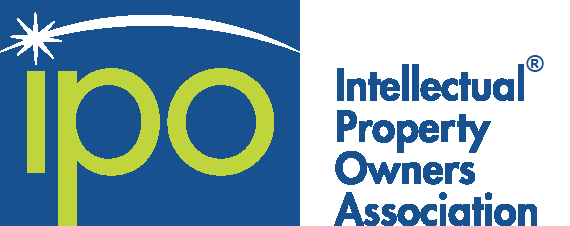The year-old federal Defend Trade Secrets Act (DTSA) expressly disavows the doctrine of “inevitable disclosure” in the context of injunctive relief. But trade secrets litigators now have an indication how that doctrine — under which a former employer can prove that a defendant’s new employment will inevitably lead him or her to rely on the former employer’s secret — will play out more generally under the DTSA.
In May, in Molon v. Nidec in the Northern District of Illinois, a federal district court for the first time considered inevitable disclosure under the DTSA, letting it survive a motion to dismiss in the context of pleading. Our panelists, two experienced trade secret litigators and an in-house counsel, will discuss the future of inevitable disclosure and the related notion of “threatened misappropriation” under the DTSA, and how that will relate to the long-standing patchwork of state laws on the issue.
They also will consider more generally the risks involved in hiring an employee from a competitor and how to mitigate them. Recent highly-publicized trade secrets cases in competitive industries illustrate the dangers of situations in which the best new employee, the one with the most relevant experience, worked for a competitor. The new employer can take steps, starting with job advertising and recruitment, that show sensitivity to the danger of leaning on the new employee’s “relevant experience” — if that means projects and products — from the former employer.
Speakers:
- Bret Cohen, Nelson Mullins Riley & Scarborough LLP
- Kenneth Corsello, IBM Corp.
- James Pooley, Orrick, Herrington & Sutcliffe

